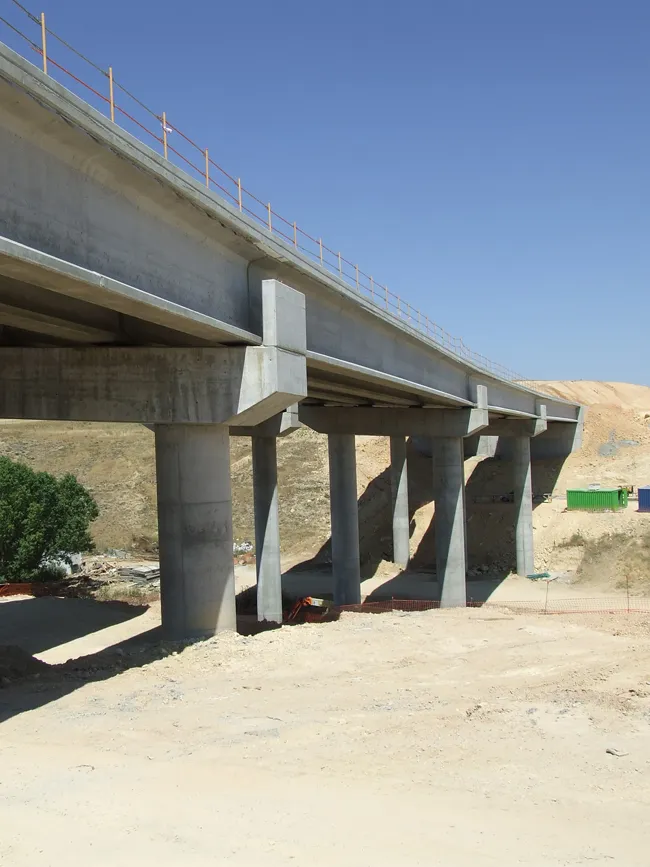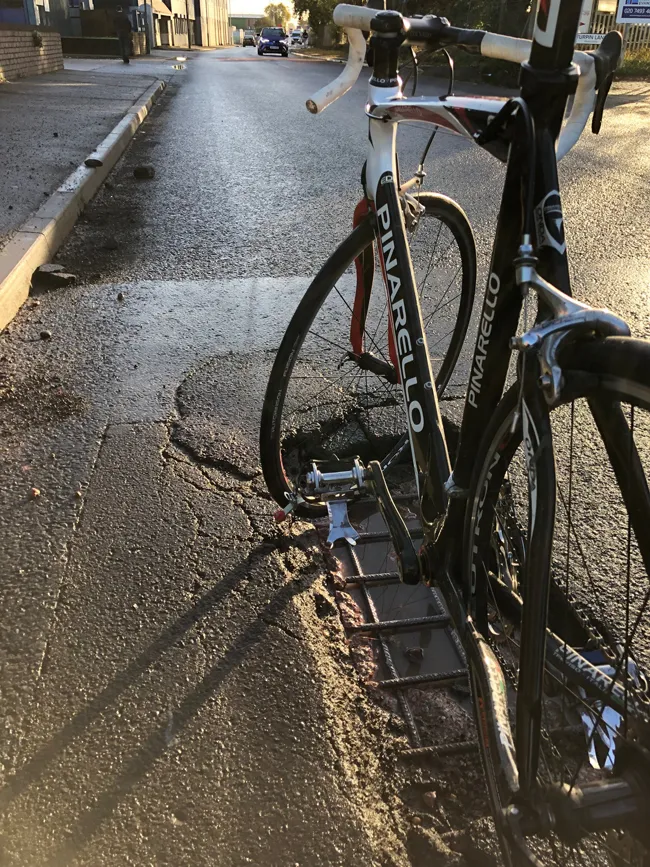Mercedes-Benz says that it’s low-entry Econic truck has been awarded the maximum safety-specific five-star Direct Vision rating by Transport for London.
Utilities contractor Ferns Surfacing has just invested in a pair of 32tonne Mercedes-Benz Econic trucks decked out as tipper-grabs and is operating them on surface reinstatement and resurfacing duties in and around London. Ferns has 10 depots across south-east England and East Anglia, north-east of London.
With its deep, panoramic windscreen and full-heig
June 4, 2019
Read time: 1 min
DELTABLOC has introduced what it says is “ground-breaking technology”, the extremely robust Zero Debris Concrete Barrier.
It can take three times the impact energy of standard concrete without breaking or cracking, according to DELTABLOC. This not only reduces the need for repair and maintenance, but significantly reduces the number of dangerous work zones that would be created along a highway for repairing otherwise damaged barrier systems.
The performance of Zero Debris Concrete was confirmed through several crash tests at containment level H2 and H4b and DELTABLOC is now offering the innovation as the company’s premium safety line.
It can take three times the impact energy of standard concrete without breaking or cracking, according to DELTABLOC. This not only reduces the need for repair and maintenance, but significantly reduces the number of dangerous work zones that would be created along a highway for repairing otherwise damaged barrier systems.
The performance of Zero Debris Concrete was confirmed through several crash tests at containment level H2 and H4b and DELTABLOC is now offering the innovation as the company’s premium safety line.









